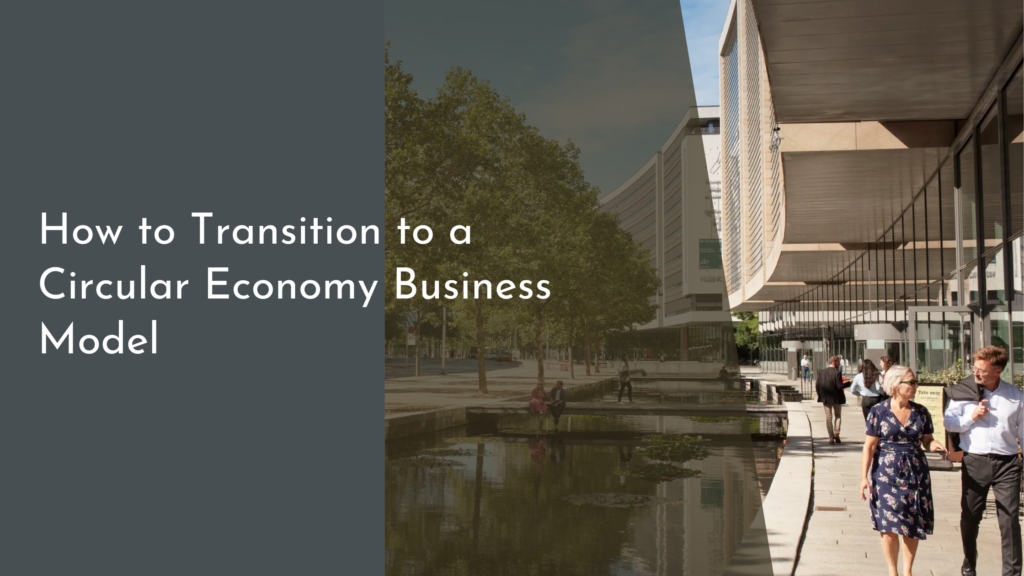Leveraging Citizen Energy Initiatives in Urban Areas
In an age where climate change poses significant challenges, citizen energy initiatives are emerging as a beacon of hope in urban areas. These grassroots movements empower communities to take charge of their energy production and consumption, fostering sustainability and resilience. By harnessing the creativity and determination of local residents, cities can become laboratories for innovative energy solutions that make a meaningful impact on both the environment and the economy.
As urban populations continue to swell, the need for sustainable energy sources becomes increasingly pressing. Citizen energy initiatives not only address energy demands but also promote community engagement, education, and collaboration. This article explores how urban areas can leverage citizen energy initiatives to create a greener, more sustainable future for all.
Empowering Communities: The Rise of Citizen Energy Initiatives
Citizen energy initiatives are redefining the relationship between residents and their energy sources. These initiatives often begin as local groups that band together to explore renewable energy options, such as solar panels or wind turbines, on a community level. By pooling resources, knowledge, and skills, citizens can not only reduce their own energy costs but also create collective benefits for their neighborhoods. This empowerment is a significant shift from traditional energy models dominated by large corporations, allowing communities to play a crucial role in shaping their energy futures.
The rise of these initiatives has been bolstered by advances in technology and a growing awareness of environmental issues. Urban areas, often characterized by their dense populations and high energy demands, are uniquely positioned to benefit from citizen-led projects. From community gardens that incorporate solar energy to cooperative wind farms, these projects not only provide clean energy but also strengthen social ties, as residents collaborate towards common goals. As these initiatives gain traction, they pave the way for a more democratized approach to energy management.
Bright Ideas: How Urban Areas Can Harness Local Energy
Urban areas are teeming with opportunities for innovative energy solutions, thanks to their diverse populations and abundant resources. By tapping into local talents and skills, cities can develop unique energy projects that not only meet their energy needs but also reflect their community values. For instance, establishing solar co-ops allows residents to invest collectively in solar panels that can be installed on public buildings or shared spaces, making renewable energy more accessible to everyone.
Moreover, integrating energy efficiency programs into existing community structures can enhance the overall impact of citizen energy initiatives. Urban areas can promote energy-saving practices through workshops, educational campaigns, and local incentives. By fostering a culture of sustainability, cities can motivate residents to adopt greener habits, such as energy-efficient appliances or community-wide energy challenges. This not only helps reduce the carbon footprint but also cultivates a sense of shared responsibility and achievement among residents.
Building a Greener Future: Benefits of Citizen Energy Projects
The benefits of citizen energy projects extend far beyond the immediate goal of producing renewable energy. These initiatives contribute to local economies by creating jobs, stimulating business opportunities, and promoting sustainable practices. When residents invest in and participate in energy projects, they keep financial resources within their communities, leading to a multiplier effect that can enhance local economic stability. Furthermore, citizen-led energy projects can attract additional funding and support from governmental bodies and non-profit organizations, expanding their reach and influence.
Environmental benefits are also significant. By focusing on local energy production, citizen initiatives reduce reliance on fossil fuels, lowering greenhouse gas emissions and improving air quality in urban areas. This shift not only mitigates the effects of climate change but also protects public health, particularly in densely populated cities where air pollution is a pressing concern. Ultimately, citizen energy projects empower communities to take control of their environmental impact, creating a greener future for generations to come.
Together We Shine: Engaging Citizens in Energy Solutions
Engaging citizens in energy solutions is essential for the success and sustainability of citizen energy initiatives. Urban areas can create platforms for community engagement through workshops, forums, and collaborative projects that invite residents to share their ideas and concerns regarding energy usage. Establishing strong communication channels helps ensure that all voices are heard, fostering a sense of ownership and responsibility among community members. When residents see their input valued and acted upon, they become more motivated to participate actively in energy initiatives.
Moreover, leveraging social media and digital platforms can amplify the reach of citizen energy initiatives, making participation more accessible and appealing. By harnessing the power of technology, urban areas can engage diverse populations, including marginalized communities who may not traditionally have a voice in energy discussions. Developing inclusive processes that encourage broad participation will not only lead to more innovative solutions but also ensure that the benefits of citizen energy projects are equitably distributed across all demographics. Together, we can create a vibrant energy landscape that truly reflects the hopes and aspirations of the communities it serves.
Citizen energy initiatives are a powerful testament to the potential of grassroots movements in shaping a sustainable future for urban areas. By empowering communities, harnessing local resources, and engaging citizens in the process, cities can cultivate a sense of ownership and responsibility for their energy consumption. The benefits stretch beyond just clean energy; they foster economic growth, improve public health, and build stronger community ties. As these initiatives continue to flourish, urban areas will shine brightly as models of sustainability, resilience, and collaboration, proving that together, we can create a brighter, greener future for all.

